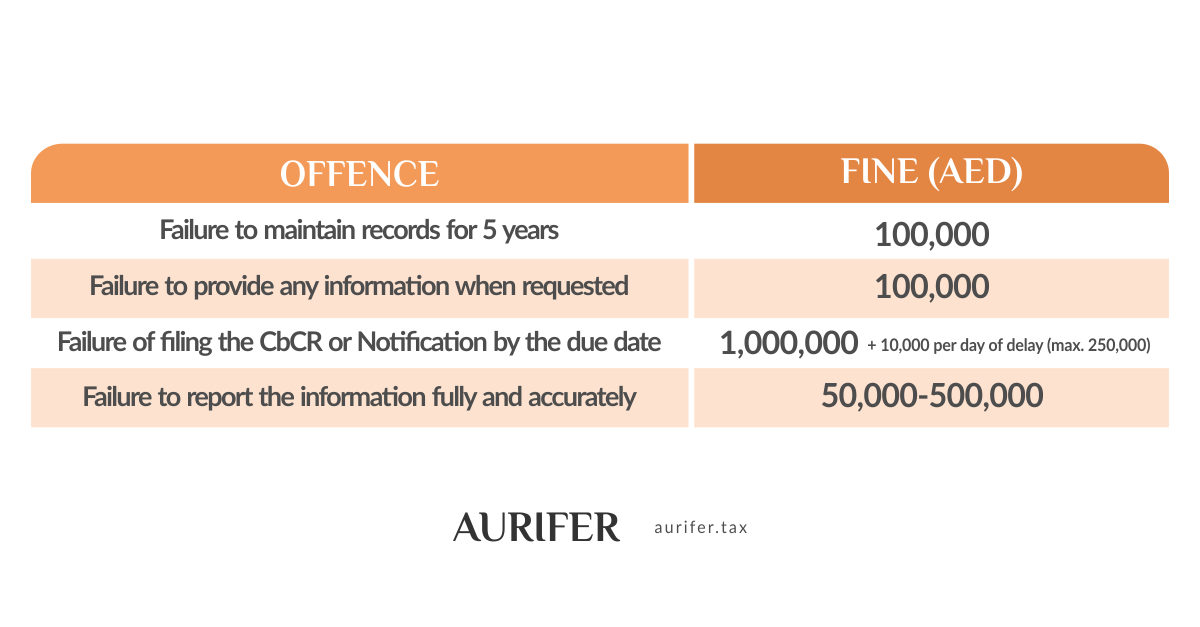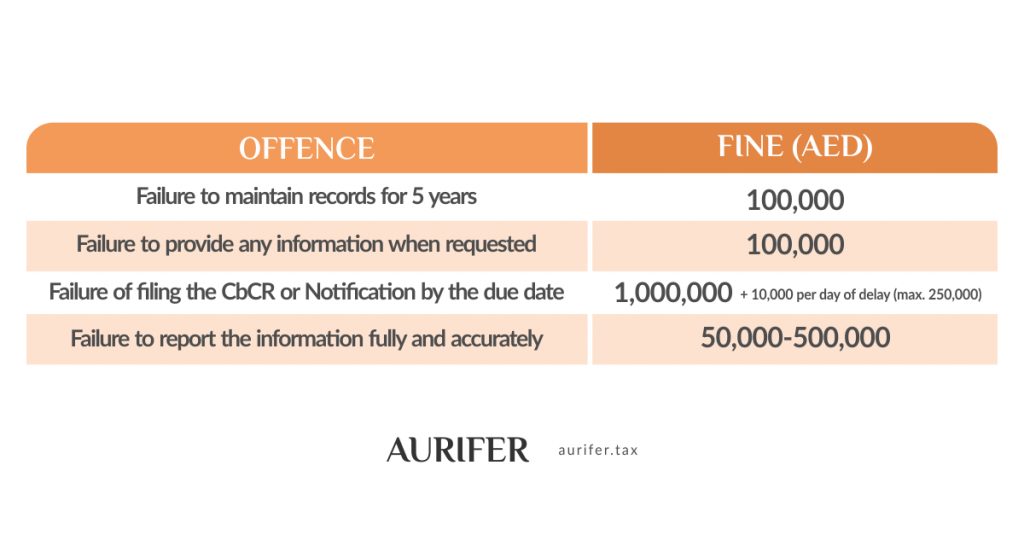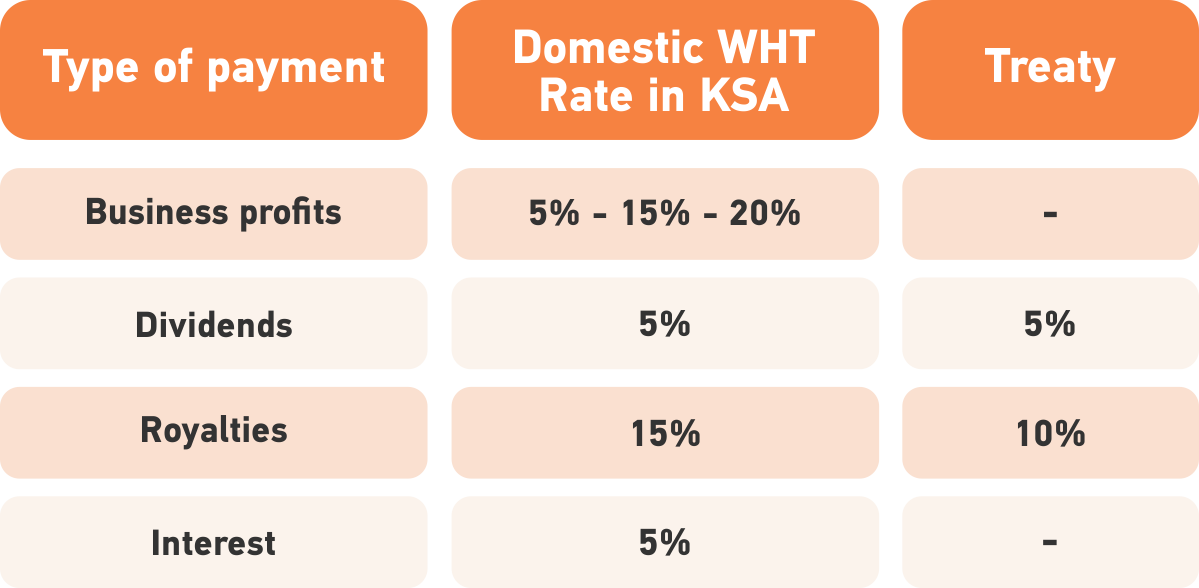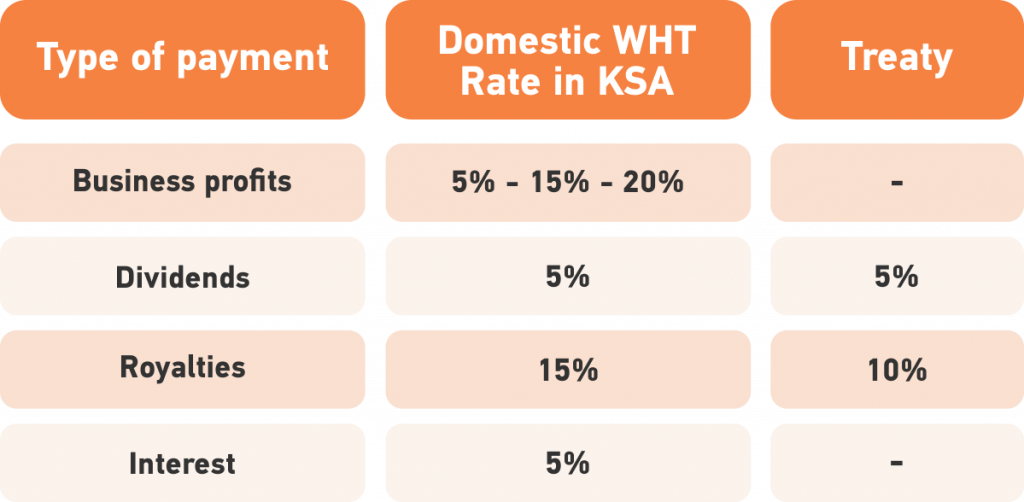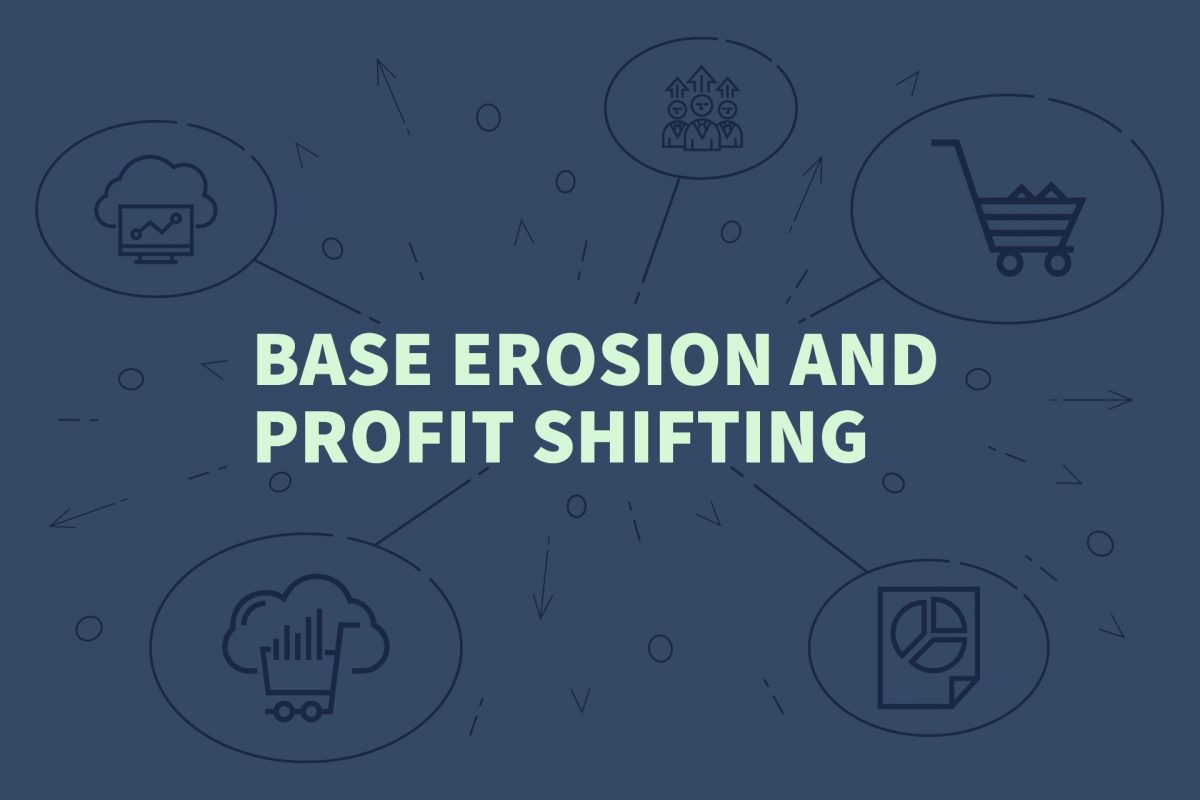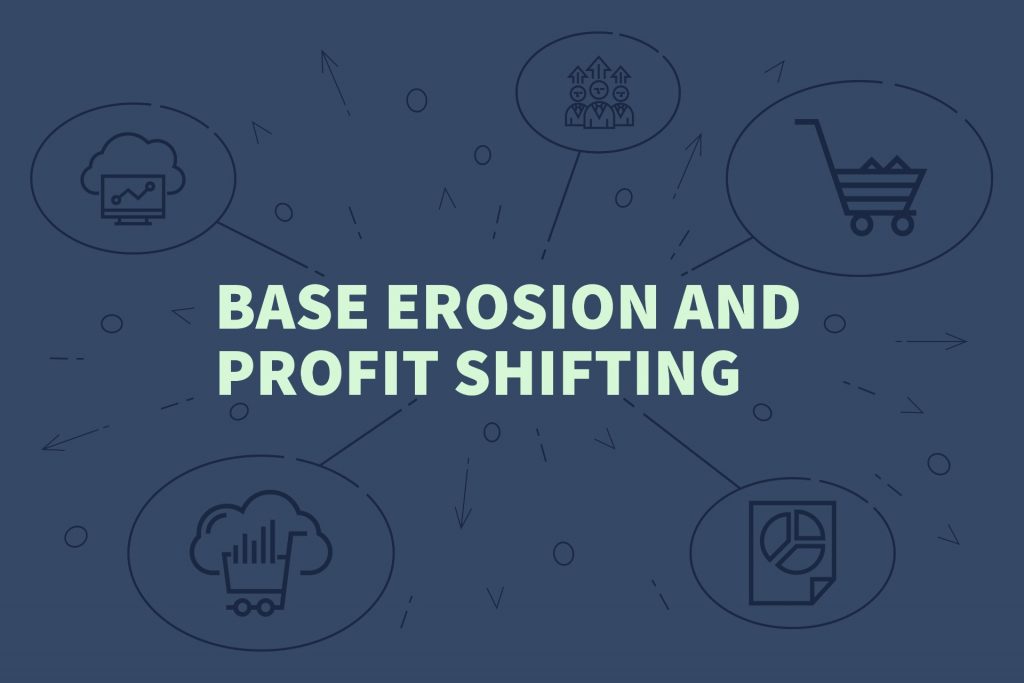

Does the newly issued UAE economic substance guidance answer all questions?
Earlier this year, the United Arab Emirates (“UAE”) issued Cabinet Decision No. 31 concerning economic substance requirements (“Economic Substance Regulations” or “ESR”). UAE onshore and free zone entities (“Licensees”) that carry out one or more Relevant Activities as defined under the ESR, are required to meet the Economic Substance Test in respect of the Relevant Activities carried out in the UAE. However, many businesses were left wondering how to meet certain criteria set out by the ESR. We previously wrote on the issue. To see our previous article, click here.
On 11 September 2019, the Ministry of Finance published Ministerial Decision No. 215 for the year 2019 on the issuance of directives for the implementation of the provisions of the Cabinet Decision No. 31 concerning economic substance requirements (“The Ministerial Decision”). The Ministerial Decision contains guidance on how the Economic Substance Test may be met by Licensees in order to comply with the ESR. The guidance is intended to serve as a guide to entities carrying out one or more Relevant Activities captured by the ESR. In addition, the Ministerial Decision sets out various guidelines on how Regulatory Authorities shall comply with the various functions imposed on them by the ESR and which powers are granted to them to ensure effective execution of the ESR provisions.
Licensees
Every Licensee that carries on a Relevant Activity and derives an income therefrom in the UAE, including a Free Zone or a Financial Free Zone, must meet the Economic Substance Test (article 3.1. and 4.1 of The Ministerial Decision). It seems that licensees carrying on a relevant activity, without deriving any income from that activity, are not in scope of the ESR. The practical implications of this requirement seem rather limited, as most of the Relevant Activities as defined in the ESR (perhaps with the exception of holding activities) are usually carried out for consideration.
The ESR stipulate that its provisions do not apply to entities that are directly or indirectly owned by the Federal Government, or the Government of any Emirate of the UAE or the governmental authority or body of any of them (article 3 (2) of the ESR). The Ministerial Decision now clarifies that the government’s shareholding interest must be at least 51% for the entity to fall outside the scope of the Economic Substance Regulations (article 3.2. and 4.2 of The Ministerial Decision).
Relevant activities
With respect to the Relevant Activities, carried out by Licensees, the Ministerial Decision reiterates that:
- Licensees that carry out more that one Relevant Activity are required to satisfy the Economic Substance Test for each Relevant Activity (article 6 (1) of the ESR);
- There are reduced substance requirements for holding companies that do not carry out any other Relevant Activity (in short, Holding Companies are not required to carry out any Core Income Generating Activities in the UAE); and
- Higher reporting requirements and standards apply for Licensees that derive income from a High Risk IP Business. Such Licensee shall be presumed by the Regulatory Authority to not meet the Economic Substance Test (see below). This assumption must be rebutted by the Licensee (article 5.3 of The Ministerial Decision). Furthermore, the Regulatory Authority is required to submit all information obtained in relation to such Licensee to the the Ministry of Finance, irrespective whether the Regulatory Authority has made a determination as to whether such Licensee has met the Economic Substance Test or not (see below).
The Economic Substance Test
Reporting requirements
Under the ESR, Licensees are required to submit an information notification to the Regulatory Authority, indicating (i) whether or not it is carrying on a Relevant Activity, (ii) whether or not all or any part of the Licensee’s gross income in relation to the Relevant Activity is subject to tax in a jurisdiction outside of the UAE, and (iii) the date of the end of its Financial Year. The Ministerial Decision stipulates that the notification must be made with effect from 1 January 2020.
In addition, a Licensee that is carrying on a Relevant Activity and is required to satisfy the Economic Substance Test, must prepare and submit a report to the Regulatory Authority, no later than twelve (12) months after the last day of the end of the financial year of the Licensee. The Ministerial Decision clarifies that this requirement applies in respect of financial years commencing on or after 1 January 2019.
Each Regulatory Authority shall set out the form of reports to be filed and mechanisms for submitting such forms to the Regulatory Authority.
Meeting the Economic Substance Test
In general, the Economic Substance requirements will be met:
- If Core Income Generating Activities (“CIGA”) are conducted in the UAE;
- If the activities are directed and managed in the UAE;
- If there is an adequate level of qualified full-time employees in the UAE,
- If there is an adequate amount of operating expenditure in the UAE,
- If there are adequate physical assets in the UAE.
The Ministerial Decision clarifies that the list of CIGA not exhaustive. This means that other activities outside the ones listed in the ESR, which could be considered as (one of) the most important activities of a Licensee, may qualify as CIGA and should therefore be carried out in the UAE. This may also be an indication that a Licensee is not required to carry out all CIGA listed in article 5 of the ESR in relation to a Relevant Activity.
A Licensee’s activity is directed and managed if there are an adequate number of board meetings held and attended in the UAE in relation to that activity. The term adequate is dependent on the level of Relevant Activity carried out by the Licensee. Meetings must be recorded in written minutes which are kept in the UAE and signed by attendees. Quorum for such meetings must be met and attendees must be physically present in the UAE. Directors must have the necessary knowledge and expertise in relation to the Relevant Activity, which entails that their activity is not merely limited to giving effect to decisions being taken outside the UAE. In the event that a Licensee is managed by an individual (e.g. single managing director), the Ministerial Decision states that these requirements will apply to such individual.
The meaning of the term “adequate” in terms of the level of qualified full-time employees, the amount of operating expenditure and physical assets will be dependent on the nature and level of Relevant Activity being carried out by the Licensee in question. A licensee must maintain sufficient records to demonstrate the adequacy in relation to these requirements. Employees must be suitably qualified to carry out the Relevant Activity. Premises may be owned or leased by the Licensee, however, the Licensee must be able to submit the necessary documentation evidencing the right to use the premises.
With respect to outsourcing, the Ministerial Decision clarifies that timesheets can be used to demonstrate the level of employees which are being outsourced in relation to a certain Relevant Activity. Furthermore, outsourcing may not be used with the objective of circumventing the Economic Substance Test.
Retention of information and Records
The ESR do not prescribe a set period for the retention of information and records by Licensees. Taking into account the six-year limitation period for the Regulatory Authority to determine whether a Licensee has met the Economic Substance Test, it is advisable that a Licensee retains any relevant information evidencing compliance with the ESR for a period of six years.
Any records required to be kept and submitted to the Regulatory Authority must be provided in English. In the event that such records are kept in a language other than English, the Licensee shall provide an English translation thereof.
Regulatory Authority functions
The Ministerial Decision provides further detail on how Regulatory Authorities shall comply with the various functions imposed on them by the ESR and which powers are granted to them to ensure effective execution of the ESR provisions.
The Regulatory Authority shall obtain all documentation, records and information from any Licensee which they are required to submit to the Regulatory Authority within the timeframe stipulated in the ESR. The Regulatory Authority shall follow-up promptly with any Licensee in the event of any delay of failure in the submission of required documentation, records and information or in case the latter would prove to be incorrect or incomplete.
In this respect, the Regulatory Authority may:
- Serve a notice on a Licensee requiring further documentation or information; and/or
- Enter a Licensee’s premises in order to obtain necessary documentation or information; and/or
- Impose on a Licensee an administrative penalty not exceeding AED 50,000.
The Ministerial Decision further provides guidance to Regulatory Authorities on how to determine whether a Licensee has met the Economic Substance Test (e.g. timesheets may be used as a means to verify adequate” employee criterion). In general, the Ministerial Decision states that the Regulatory Authority should adopt a strict yet pragmatic approach to determine whether a Licensee meets the Economic Substance Test.
In case a Licensee fails to meet the Economic Substance Test, the Regulatory Authority shall issue a notice, stating the reasons for that determinations, containing details of any administrative penalty, directing any action to be taken to satisfy the Economic substance Test and advising the Licensee of its right to appeal.
The Regulatory Authority will notify the Competent Authority of each Licensee that fails to satisfy the Economic Substance Test in relation to any activity. The Competent Authority shall provide the submitted information to the Foreign Competent Authority in the event that (i) the Licensee fails to meet the requirements under the ESR for a certain Financial Year, or (ii) the Licensee carries out a High Risk IP Business.
Conclusion
The Ministerial Decision provides some clarification with respect to a number of elements touched upon in the ESR (e.g. which companies are outside of scope of the ESR, the deadlines for the submission of the notification and reports to the regulatory authority, guidance on how to meet the Economic Substance Test). For the most part, however, the guidance merely reiterates the provisions of the ESR. We therefore expect that a large number of companies in the UAE will still have many questions in terms of how to comply with the ESR.
As expected, the Ministerial Decision does not contain one-size-fits-all criteria on how to meet the Economic Substance Test (i.e. in the sense that the Ministry of Finance does not prescribe a specific number in terms of what is considered an adequate number of employees, operating expenditure and physical assets). What qualifies as adequate, will instead depend on the nature and level of the Relevant Activity carried out by the Licensee and it will be up to the latter to provide evidence thereof to the Regulatory Authority.
Another thing worth noting is that the Ministry of Finance has given ample freedom to the Regulatory Authorities to ensure the effective implementation of and compliance with the ESR. Given the fact that every Regulatory Authority has been given the opportunity to determine its own forms and mechanisms for submitting the economic substance reports, in combination with the fact there seems to be some leniency in terms of determining whether a business has met the economic substance test (after all, one Regulatory Authority’s interpretation of what is adequate may differ from another), from a practical point, businesses can expect some level of divergence in terms of how the ESR will be implemented between the different Regulatory Authorities in the UAE.


